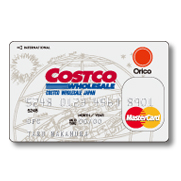https://blogs.ubc.ca/tabraham/
http://i2.cdn.turner.com/money/dam/assets/140919114653-alibaba-ipo-nyse-opening-bell-620xa.png
http://www.howthemarketworks.com/images/shortsellinggraph.gif
As I was reading some of my classmate’
sblogs, Trent’s
post about Alibaba’s IPO was an article that instantly appealed to me. Trent effectively summarizes an article from Forbes written about why Warren Buffet would not invest in Alibaba. A quick fundamental analysis has led me to the conclusion that at this point in time, Alibaba is not a very strong value investment. While I agree that Alibaba fails across the board as a Graham or Buffet stock right now, I also believe that there is money to be made following the record-setting IPO. As soon as the buzz surrounding the stock dies, taking on short positions in Alibaba could become a very profitable endeavour as the inflated valuation falls to a more realistic level. Alibaba’s IPO also presents a very lucrative opportunity to short other stocks in the technology sector. Chief investment officer of Huntington Asset Advisors, Randy Bateman has said that Alibaba could create additional volatility in the tech sector since some investors may be selling positions in other tech stocks in order to buy Alibaba. This opens up an opportunity for bears to profit off of the temporarily decline in value of these other stocks. Trent concluded his blog post by asserting that guaranteed returns on investments are a myth in today’s economy. I would disagree with this argument and rebut that even though certain stocks may decline in value, understanding the interactions within the stock market can enable intelligent investors to profit off of both increases and decreases in p rice.
rice.


